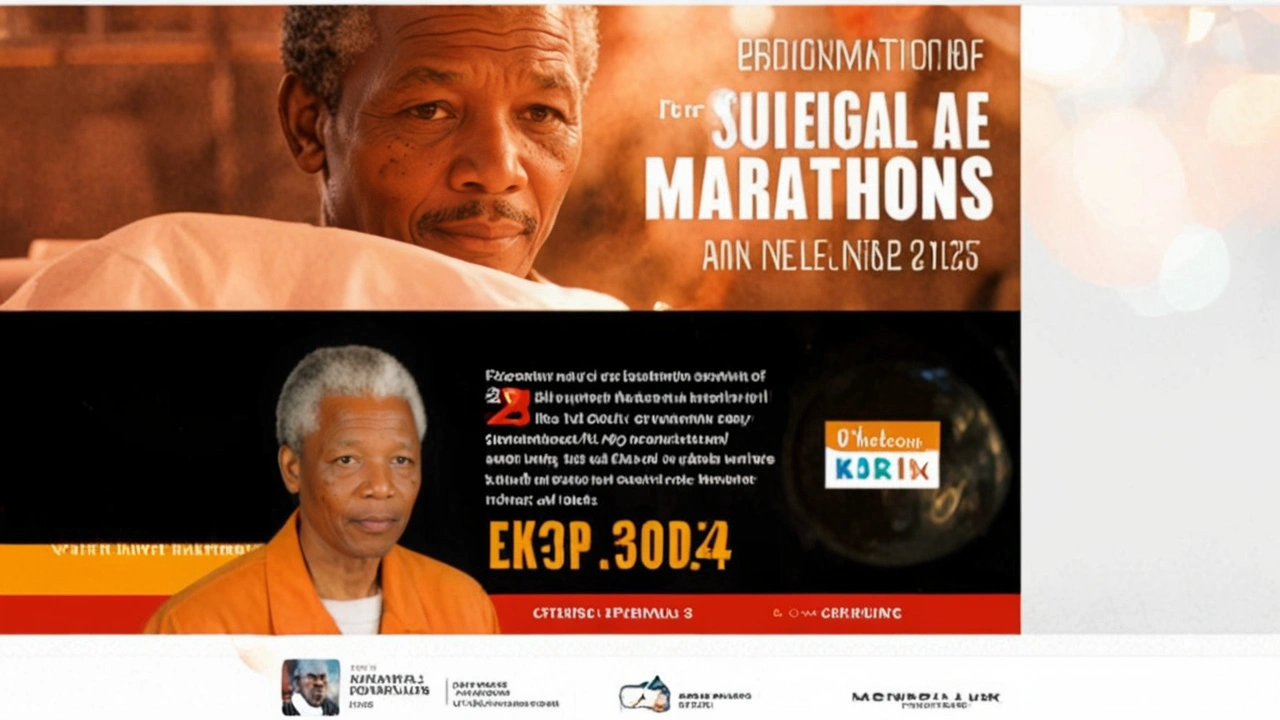
Mandela Day Efforts to Address Surgical Backlogs
Mandela Day, celebrated annually on July 18th, marks a global call to action inspired by Nelson Mandela's dedication to public service and social justice. This year, the Gauteng health sector is embodying this spirit through a massive undertaking—a surgical marathon aimed at addressing the severe backlog of elective surgeries within the province. The backlog, currently affecting around 18,000 patients, has prompted healthcare providers across 32 facilities to mobilize their resources and expertise in an unprecedented manner.
The Magnitude of the Backlog
The healthcare system in Gauteng, like many others worldwide, has been strained by the dual pressures of an increasing patient load and a shortage of medical personnel and resources. Over time, elective surgeries—those planned in advance rather than performed in emergency situations—have piled up, creating a substantial backlog. Common procedures such as arthroplasty, hernia repairs, maxillofacial surgeries, hysterectomies, cataract removals, prostate biopsies, colostomy closures, caesarean sections, and circumcisions have all been delayed, causing significant distress and health complications for patients. The current figure of 18,000 pending surgeries underscores the urgency and scale of the issue.
Mandela Day: A Unified Effort for Change
To combat this challenge, the Gauteng Health Department has dedicated resources to ensure that all theatres are fully functional and adequately stocked with the necessary supplies, including the all-important clean linen. This initiative aligns perfectly with the ethos of International Nelson Mandela Day, which encourages individuals and organizations to devote at least 67 minutes to community service, reflecting the 67 years Mandela spent fighting for social justice.
Steve Biko Academic Hospital and Children's Surgeries
One of the notable participants in this effort is the Steve Biko Academic Hospital. Known for its advanced medical care, this facility is focusing on performing critical surgeries for children suffering from tonsillitis. Pediatric cases like these are particularly heart-wrenching, as prolonged waiting periods can exacerbate health issues and significantly affect a child's quality of life. The hospital has identified approximately 200 cases that require immediate attention, making it a focal point of the day's activities.
Diverse Types of Surgeries Across Facilities
Beyond the cases at Steve Biko Academic Hospital, the surgical marathon encompasses a variety of procedures across different medical disciplines. Orthopedic surgeries, such as arthroplasty, are essential for patients struggling with joint pain and mobility issues. Hernia repairs and maxillofacial surgeries address both functional and aesthetic concerns, while hysterectomies and prostate biopsies are often crucial for diagnosing and treating serious health conditions. Furthermore, cataract surgeries can dramatically improve a patient's vision, enhancing their overall quality of life. Colostomy closures and caesarean sections are also on the list, indicating the wide range of surgical needs that the marathon aims to fulfill.
The Role of Healthcare Workers
This initiative is not just a testament to the dedication of the health department but also highlights the resilience and commitment of healthcare workers. Surgeons, nurses, anesthetists, and support staff are all playing pivotal roles in ensuring the success of this marathon. Their collective effort is a powerful reminder of what can be achieved when a community comes together with a common goal of improving public health.
Long-Term Impact and Future Outlook
While the immediate goal is to reduce the backlog of elective surgeries, the long-term impact of such initiatives could be far-reaching. Improved patient outcomes, reduced waiting times, and enhanced efficiency within the healthcare system are just a few of the potential benefits. Moreover, this marathon serves as a model for other regions grappling with similar challenges, demonstrating that innovative solutions and collaborative efforts can significantly improve public health.
In conclusion, as Gauteng hospitals embark on this ambitious surgical marathon, they do so with a spirit of hope and determination. By tackling the backlog of 18,000 elective surgeries, they are not just addressing immediate healthcare needs but also honoring Nelson Mandela's enduring legacy of service and community upliftment. This Mandela Day, the actions taken within these 32 health facilities serve as a powerful reminder that positive change is indeed within our hands.





